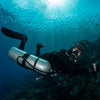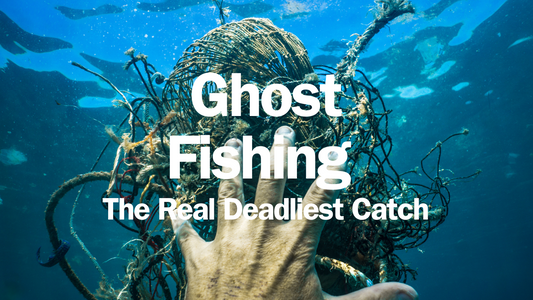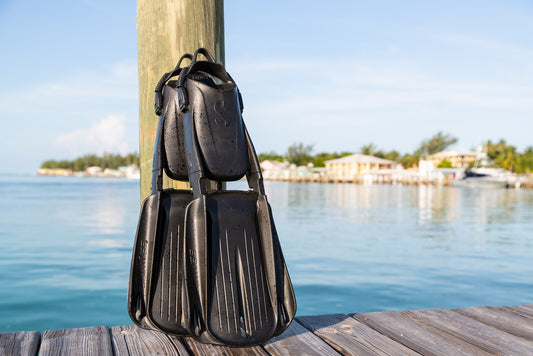Pollution and global warming are killing our oceans rapidly. We have just a few decades to make changes in our lives before the damage to coral reefs becomes irreversible. Without them marine species will vanish leading to a lack of food for many coastal communities, much of the tourism industry will collapse, medicine and medical research will suffer and there will be mass erosion of coastlines across the globe.
With summer on the way, many of you will visit the pharmacy for that staple product of the bathroom cabinet – sunscreen. Thousands of tons of sunscreen washes into the sea every year. Along with other personal care products (such as lip balm, shampoos and foundation), NGO Marine Safe has estimated that 82,000 kinds of chemicals end up in the ocean! We all know that we should reduce single use plastics and be responsible tourists, but how aware are you that you pollute the oceans by trying to protect your skin?
The 2 worst ingredients in sunscreen are:
- Oxybenzone
- Octinoxate
These chemicals act as a barrier to UV light which contributes to coral bleaching. They even change growth by damaging the coral DNA. They hurt the microscopic algae, preventing them from getting the nutrients needed to survive. These ingredients are also damaging to other marine life including fish and crustaceans.
These aren’t the only guilty ingredients however – scientists say that parabens, exfoliating beads and Homosalate are also bad for the environment. There is currently no regulatory body for eco-friendly sun protection, so to avoid hurting marine life – while keeping your skin safe from harmful UV rays - see below for some recommendations:
- Use mineral based sunscreens which reduce the pollutants within. These are classed as physical sunscreens not chemical, so they are less harmful but can still cause some stress. To be sure, check the label has ingredients that are “non-nano,” as they are less likely to be absorbed by marine life
- Wear a rash guard where possible as this will considerably reduce the sunscreen needed on exposed parts of your body
- Buy water resistant sunscreens as less of this will end up in the sea
- Choose eco-conscious packaging
- Go on holiday to destination that have banned toxic sunscreens like Palau, Hawaii or Bonaire for example
At Mike’s Dive Store we stock the Caudalie Suncare range and Stream2sea Skincare. Both contain organic ingredients and have no chemical compounds that will aid coral bleaching.
Caudalie’s water-resistant formula is highly biodegradable and non-toxic for the marine ecosystem. There are no chemical filters suspected of being endocrine disruptors, such as octinoxate and octocrylene, nanoparticle filters, and the filters known to be toxic to the marine environment as mentioned above. The Caudalie range contains no parabens, phenoxyethanol, phthalates, mineral oils or animal-derived ingredients. To date, Caudalie has planted over four million trees around the world.
Formulated by a cosmetic chemist, environmentalist and diver Stream2Sea sunscreens actually reflect the sun’s harmful rays, instead of absorb them. The range has been tested and proven safe for baitfish, freshwater fish, saltwater fish and coral larvae and does not affect their natural behaviour. Packaging is fully recyclable sugarcane resin and recycled milk jugs and the sunscreen is water-resistant for up to 80 minutes. When buying this product you support the following partners: 1% for the Planet, the Coral Restoration Foundation, Reef Check, NAUI's Green Diver Initiative, Sea Shepherd to name a few.





